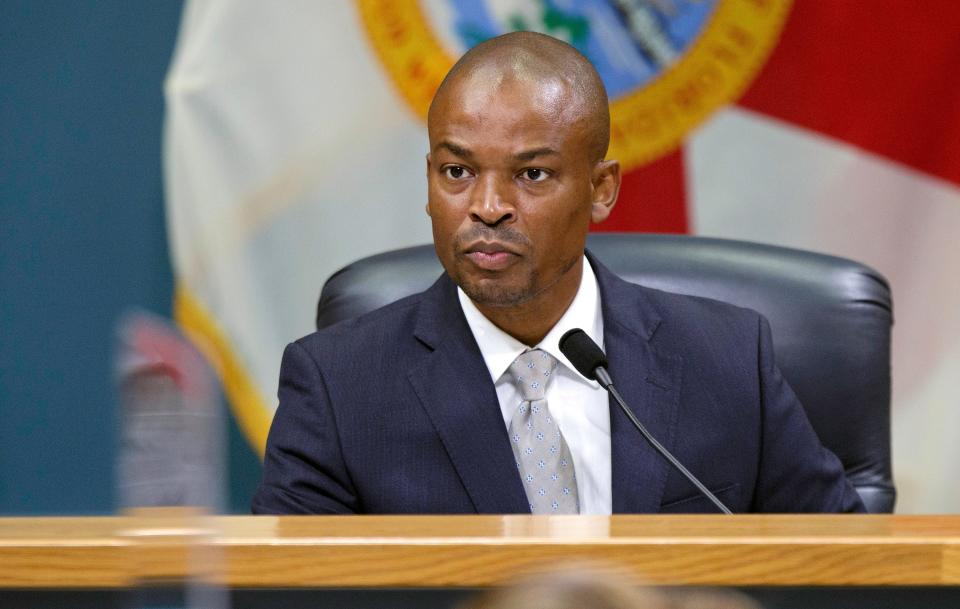Water 'Savings Clause' is key to water sharing for Florida's future
South Florida weather is a hot topic right now with residents I meet with in my district. The ongoing hotand dry conditions and scorching temperatures make for endless conversation. Residents have alsoexpressed their concerns about neighborhood lakes drying up and tapping into underground waterreserves in West Palm Beach.
Those drought-causing conditions recently came to a screeching halt with extraordinary rain and floodingfrom a slow-moving weather system that soaked South Florida in mid-June. Hopefully, regular rainfalls willoffset the deep deficits of this dry season over time, but regardless, it shows how vulnerable we are withone of our most crucial resources, water.
We’ve all experienced more extreme weather patterns in recent years, which is why it is so important thatour systems and infrastructure are prepared for the worst to ensure the sustainable management of waterfor both the near and long term. There is too much at stake with our drinking supply, businesses, farmersand communities all dependent on a steady supply of water.
Weather: Hear straight from experts on what to expect, and how to best prepare for hurricane season
In 2000, Congress approved the Water Resources Development Act, authorizing an ecological restorationplan for the Everglades ecosystem.
The plan encompasses a number of projects including restoration, flood protection, and to secure water supply for millions of people throughout the region.
The act also includes a Savings Clause that guarantees existing water users would always have the amount of water in their state permits from the year 2000 and directs the US Army Corps to protect the water supply that was in place at that time as it restores the environment.
There is currently a legal dispute regarding the appeal of the ‘Savings Clause’ in the Water ResourcesDevelopment Act of 2000 that has the potential to affect water availability to municipalities both in mydistrict and other parts of the county who rely on water from Lake Okeechobee. That means tens of thousands of Palm Beach County residents could be affected by the results of this legal battle.
The Savings Clause is not merely a regulatory provision, it ensures protections are in place to safeguardSouth Florida’s water supply for millions of people. The clause specifically establishes equitabledistribution of water to ensure residents needs can be met and farmers can help protect the food supply.
Hurricane season 2024: Saharan dust restricting tropical development but it won't last
Despite the claims of critics, the Savings Clause doesn’t restrict the environmental restoration of theEverglades, but rather helps to ensure a balanced approach. Without it, abrupt changes in water management could lead to severe disruptions in the water supply with little to no warning.
We can’t have a major part of our county’s water supply at risk based on weather conditions that prove tobe more extreme and unpredictable every year. This clause is a well-thought out and fair framework toprovide protection and certainty.

I hope the federal case related to the clause, which guides the actions of the U.S. Army Corps of Engineersand its management of water, truly prioritizes the interests of our community and state. The future of ourwater supply and the well-being of our communities depends on it.
Mack Bernard is a Palm Beach County Commissioner. He is also Florida senator-elect for District 24.
This article originally appeared on Palm Beach Post: Save the 'Savings Clause' to protect Florida water availability

